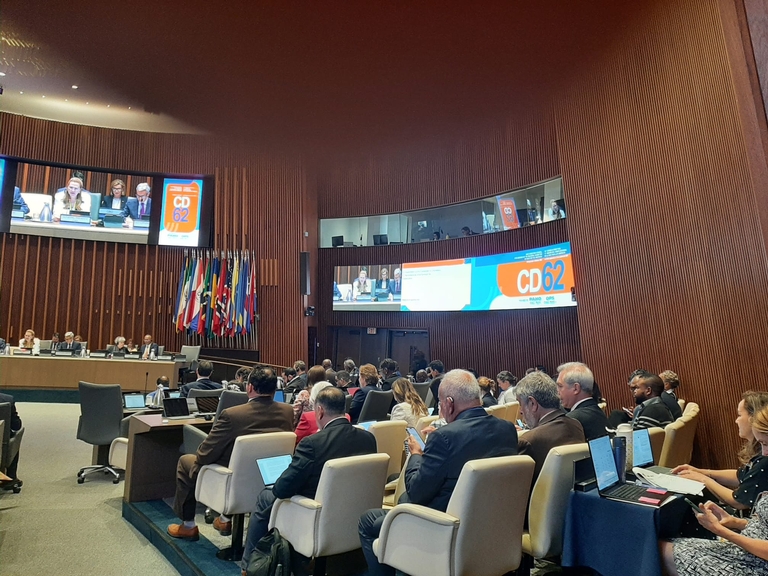A groundbreaking report released by the World Bank and the Pan American Health Organization (PAHO) Lancet Regional Health Americas Commission has issued a stark warning: Latin America and the Caribbean (LAC) could face up to 165,000 preventable deaths if primary health care (PHC) systems are not significantly strengthened. The report, unveiled during the 62nd Directing Council Meeting of Health Ministers at PAHO headquarters in Washington, DC, underscores the dire consequences of failing to build resilience into the region’s health infrastructure. Health shocks, such as pandemics or natural disasters, could lead to catastrophic human and economic losses, including up to 11,300 maternal deaths, 10,000 child deaths, and over 149,000 deaths from noncommunicable diseases (NCDs). The societal costs of such disruptions are estimated to range between $7 billion and $37 billion. Dr. Jarbas Barbosa, Director of PAHO, emphasized that resilience in PHC is not optional but essential for health security, social stability, and economic growth. The report also highlighted the disproportionate impact of the COVID-19 pandemic on the LAC region, which accounted for nearly 30% of global deaths. Jaime Saavedra, World Bank Director of Human Development for the region, stressed that strengthening PHC is one of the most pressing health challenges facing Latin America and the Caribbean. The Commission has issued a series of recommendations aimed at mitigating the impact of future health crises and bolstering economic resilience through improved PHC systems.
Latin America, Caribbean face risk of 165,000 preventable deaths without stronger primary health care
